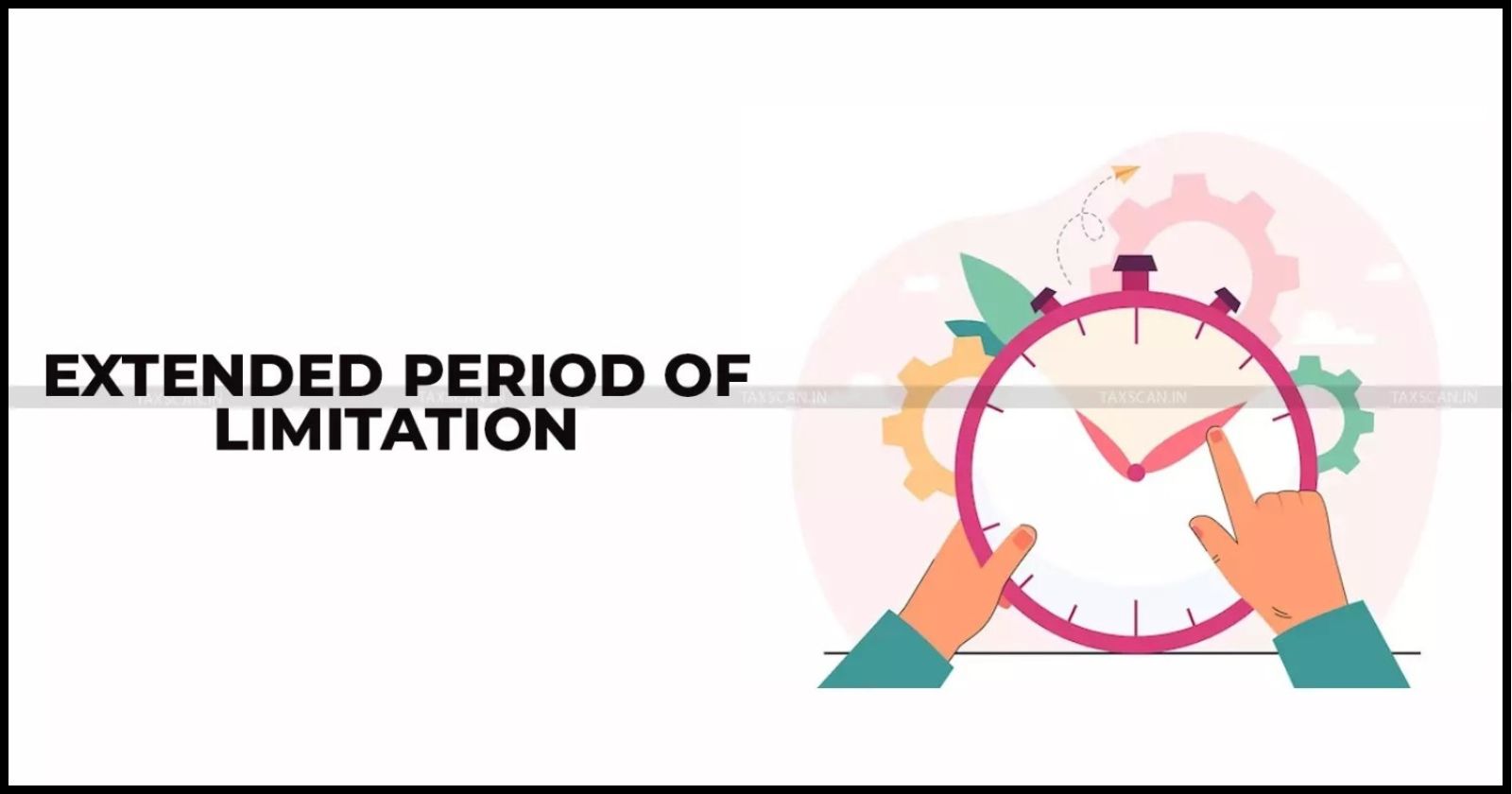Extended Period Not Invocable for Lack of Willful Suppression: CESTAT Quashes ₹1.86Cr Service Tax Demand on UP Electronics Corporation [Read Order]
CESTAT quashed the ₹1.86 crore service tax demand on UP Electronics Corporation, holding the extended period inapplicable as all transactions were recorded and no willful suppression was established.
![Extended Period Not Invocable for Lack of Willful Suppression: CESTAT Quashes ₹1.86Cr Service Tax Demand on UP Electronics Corporation [Read Order] Extended Period Not Invocable for Lack of Willful Suppression: CESTAT Quashes ₹1.86Cr Service Tax Demand on UP Electronics Corporation [Read Order]](https://images.taxscan.in/h-upload/2025/11/18/2106224-service-tax-demand-taxscan.webp)
The Allahabad Bench of the Customs, Excise and Service Tax Appellate Tribunal (CESTAT) allowed the appeal filed by U.P. Electronics Corporation Ltd., a Uttar Pradesh Government undertaking, holding that the extended period of limitation was wrongly invoked even though the assessee regularly filed the ST-3 returns and recorded all transactions in its books of accounts.
The assessee was engaged in providing Management, Maintenance or Repair Services and was duly registered, but during audit it was noticed that it had also provided Commercial Coaching and Training, Online Information Retrieval, Event Management, Business Auxiliary and Franchise Services for which separate registration and service tax were not taken.
The department alleged that there was a short payment of service tax for 2006–07 to 2009–10 and issued a Show Cause Notice (SCN) invoking the extended period, proposing recovery of ₹2,08,11,360 with interest and penalties.
 Also Read: Extended Limitation Period Not Invocable when Service Tax Demand Based on Differences in Audit Records: CESTAT [Read Order]
Also Read: Extended Limitation Period Not Invocable when Service Tax Demand Based on Differences in Audit Records: CESTAT [Read Order]
The Original Authority confirmed a re-quantified demand of ₹1,86,12,697 under Section 73(1) while dropping penalties under the Section 80 Finance Act, 1994, observing that the corporation was a State Government undertaking and all transactions were reflected in its accounts.
Both the assessee and the Revenue filed appeals.
Comprehensive Guide of Law and Procedure for Filing of Income Tax Appeals, Click Here
Before the Tribunal, the assessee contended that the SCN was issued beyond the normal one year limit, that there was no willful suppression as they had regularly filed returns and disclosed all receipts in their books, and that mere audit detection cannot substitute the statutory requirement of deliberate non-disclosure.
The Bench comprising Sanjiv Srivastava (Technical Member) and Angad Prasad (Judicial Member) noted that the department had not shown any evidence of intentional misstatement or deliberate suppression, that the assessee’s returns were filed within time, and that the department’s case rested only on audit findings.
The Tribunal observed that if all transactions were recorded in the books of accounts, the extended period could not be invoked, and mere non-declaration of certain receipts could not amount to willful suppression.
The Tribunal further held that the Commissioner rightly dropped penalties under Section 80, as the Revenue failed to challenge the finding that the assessee acted bona fide and had disclosed all information in its records.
 Also Read: Extended Period Not Invocable when Department Previously Audited and Issued SCN: CESTAT [Read Order]
Also Read: Extended Period Not Invocable when Department Previously Audited and Issued SCN: CESTAT [Read Order]
The Tribunal allowed the assessee’s appeal and dismissed the Revenue’s appeal in full, concluding that the demand was unsustainable for want of justification for invoking the extended period,
The petitioner was represented by Shiv Kumar Yadav, while Chitra Srivastava appeared for the Revenue.
Support our journalism by subscribing to Taxscanpremium. Follow us on Telegram for quick updates


